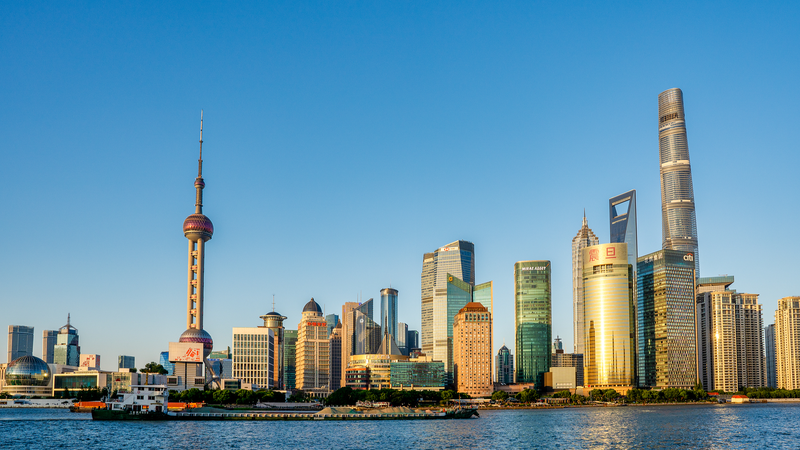Global Multilateralism at a Crossroads
Marking 80 years since the World Anti-Fascist War victory and the founding of the United Nations, today’s global stage feels both familiar and fractured. Ongoing crises—from the Ukraine conflict to tensions in Gaza—paired with looming tariff and trade wars, suggest that the forces driving economic globalization are at an impasse. Multilateralism and unilateralism are locked in a fierce contest as the world governance system undergoes profound shifts.
The SCO: A Modern Defense for Collective Action
Enter the Shanghai Cooperation Organization (SCO), a multilateral body gaining momentum amid rising uncertainties. From August 31 to September 1, more than 20 heads of state and leaders of 10 international organizations will converge in Tianjin, on the Chinese mainland, for the largest SCO summit in its history. This high-profile gathering signals a renewed push to strengthen dialogue, coordination, and joint development among member states.
Navigating Criticisms and Cold War Lenses
Critics often paint the SCO as slow on decision making or label it a mere talking shop. While any growing institution has room for improvement, some critiques stem from viewing the SCO through a dated Cold War mindset. Unlike rigid blocs of the past, the SCO embraces diverse economies, cultures, and political systems, offering flexible platforms for cooperation that reflect today’s multipolar world.
Looking Ahead: Opportunities for Young Global Leaders
As entrepreneurs, activists, and digital nomads scan the horizon for fresh collaborations, the SCO summit could provide new pathways. Whether it’s tapping into emerging markets, shaping sustainable development agendas, or fostering cultural exchanges, the Tianjin summit highlights how multilateral frameworks can adapt to 21st century challenges—and why they matter more than ever.
Reference(s):
cgtn.com




